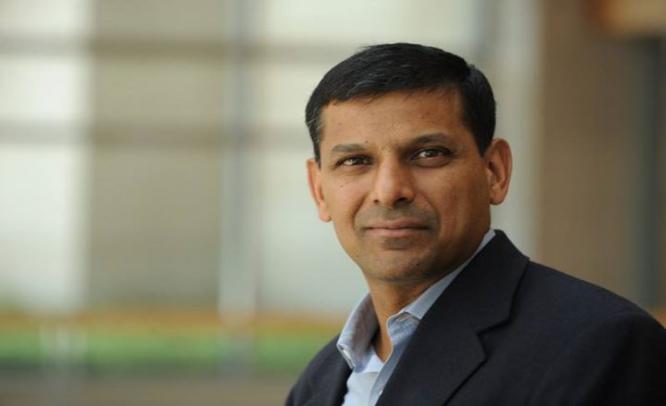Viewed as a pragmatist on monetary policy he is likely to stick closely to his predecessor’s line on managing inflation.
8th August 2013
“Rajan on a high, Re at a Low” read a headline in a prominent financial newspaper in India, showcasing the importance of the coveted position and to stem a falling Rupee and pull the economy out of the current crisis of slowing growth. Rajan, who is currently the chief economic advisor, will take over from D. Subbarao on September 4th, he is the youngest governor of India’s Central Bank and the first non-civil servant in 10 years to steer the RBI. A former chief economist at the International Monetary Fund, Rajan, 50, will take over as the 23rd Governor on September 4th.
“Prime Minister Manmohan Singh has approved the appointment of Raghuram Rajan as Governor of RBI for a term of three years” the finance ministry said in a statement. His appointment comes at a time when the rupee crashed to an all time low of 61.81 to the dollar before recovering to close at 60.77, Rajan’s appointment which was announced at 4 P.M helped stabilize the rupee, market participants said. The former University of Chicago Professor shot to fame with a 2005 paper at a U.S. meeting of central bankers, warning that financial sector developments could trigger an economic crisis. The arguments later spelled out in his book “The Fault Lines” was dismissed by critics as “exaggerated”, former U.S. Treasury Secretary Lawrence Summers considered by many as the heir apparent to Bernanke had termed his argument as “largely misguided”. Summers later apologized for the remark as Rajan’s predictions turned true as the world saw its worst ever economic slide.
Crisis Manager
Rajan, who is currently the chief economic advisor sat in one corner of the North Block, but weeks after taking charge as the government’s chief economist, moved into a first floor room, adjacent to finance minister P Chidambaram’s, signaling shifting of power equations. Chidambaram’s trusted lieutenant whose forte was banking and finance slowly initiated into complex issues dealing with political economy in a chaotic democracy. His appointment as a chief economist came at a time when India’s current account deficit had skyrocketed and the Rupee plummeting, he surprised many with his ability to take quick decisions to mend the economy. The sharp slide in rupee prompted the government to draft Rajan to draw up a plan to increase the inflow of dollars, Rajan surprised many when he invited foreign bankers to North Block to stabilize the rupee, based on his inputs, the government decided to go for quasisovereign bonds, without ruling out the possibility of India’s first sovereign fund raising.
Viewed as a pragmatist on monetary policy he is likely to stick closely to his predecessor’s line on managing inflation. The outgoing governor had a torrid time fighting an uphill battle on managing inflation in an economy plagued by supply side bottlenecks and bureaucratic paralysis. India’s current account deficit (CAD) stands at 4.8 percent of the GDP making it highly exposed to global flows away from emerging markets and in view of a tighter U.S. monetary policy, the Rupee down nearly 11 percent in 2013 is the worst performing currency in emerging Asia.
Douglas W Diamond, a colleague of Rajan at the University Of Chicago Booth School Of Business said “He’s going to have a big impact on other central banks. He’ll be widely listened to in the community of central banks,” Diamond predicted, saying Rajan comes in as an “incredibly well know academic”, just as Bernanke was when he took over the as the Fed Chairman.
“He’s got an incredibly strong sense of public service,” said Anil Kashyap, Professor at Booth School of Business who has co-authored several papers with Rajan.
“Raghu’s soft voice willing to speak against accepted doctrine” will help raise the profile of India’s Central Bank, said Diamond who teaches Banking and Finance at the University of Chicago.
An alumnus of IIM-Ahmedabad and a doctorate from the Massachusetts Institute of Technology, Rajan brings global stature to a post that in recent years have been held by IAS officers.
Task cut out
Based in Mumbai, the RBI is not statutorily independent, although its governor has enjoyed wide policy making latitude. Veteran journalist Swaminathan S Aiyar says “Indian politics will not permit an inflation only focus for RBI. After his spell in the finance ministry, Rajan must be well aware of the limits to the independence of any RBI governor. Indian politics does not allow freedom for RBI – the finance minister reigns supreme he said”
It remains to be seen how Rajan, given his known and contrary intellectual positions, responds to an election bound government’s pressure to use interest rates as a growth pill which will determine the first part of his governorship.

